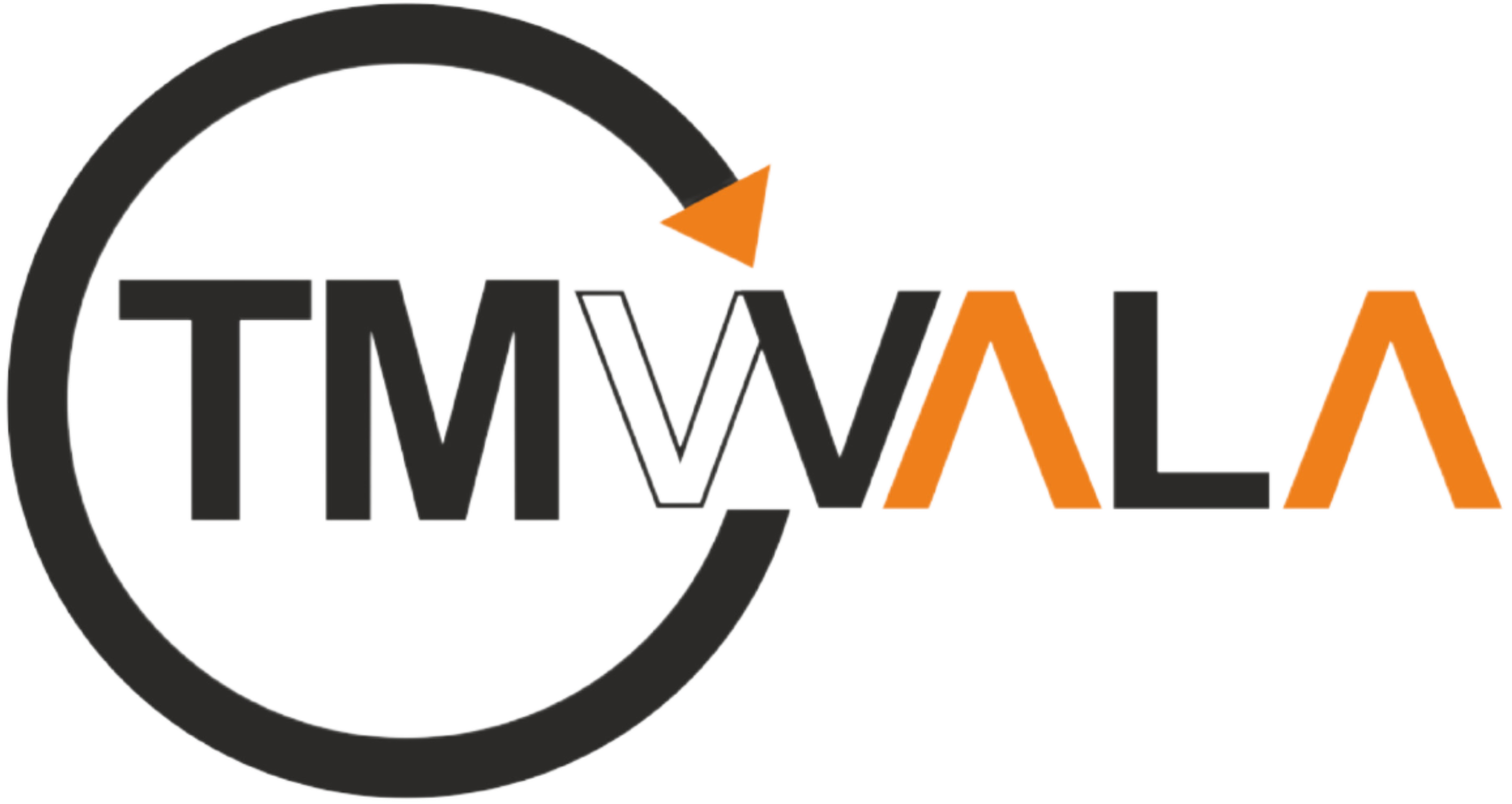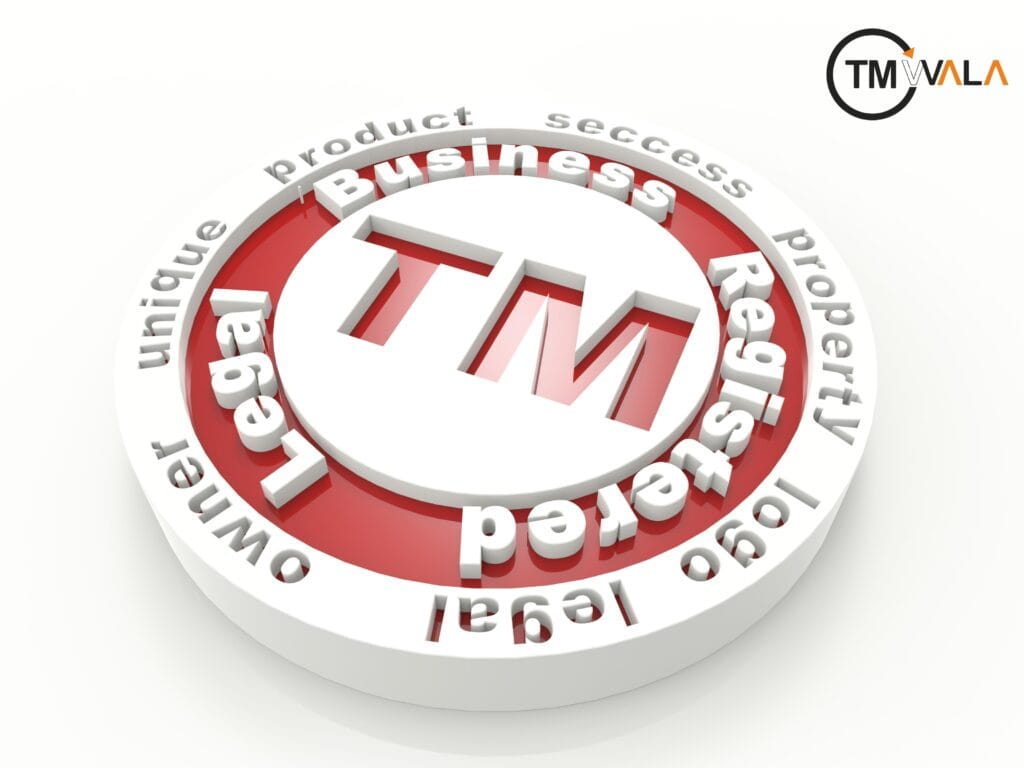The Madrid Protocol serves as an efficient means for companies, such as Micromax, to uphold their global brand identity. This international treaty provides an expedited process for registering trademarks across multiple jurisdictions. Simplifying the procedure, it enables brands to safeguard their trademarks in over 110 countries through a single application, obviating the necessity to manage numerous applications across borders. Essentially, the protocol functions as a swift gateway to international recognition, fostering the organic growth of companies. By exploring the Madrid Protocol, companies can unveil the secret to propelling their brands toward international success by obtaining an International trademark registration.
Madrid Protocol
Introducing Your Global Trademark Passport and the Madrid Protocol
The Madrid Agreement pertaining to the International Registration of Marks, also known as “the Protocol,” was adopted in 1989 and subsequently entered into force on 1 December 1995, becoming operational on 1 April 1996. This landmark agreement has substantially transformed the landscape of global trademark registration. Under the Madrid Protocol, a single application filed with the local trademark office is all that is required to secure international trademark registration and protection for your brand. This streamlined process effectively functions as a proverbial magic wand, facilitating instantaneous global brand identification. Are you prepared to embark on a journey of global trademark protection? The passport to this endeavour is the Madrid Protocol.
International Trademark Registration Process
Starting the Global Trademark Journey: An Adventure with the Madrid Protocol
- Submission of the application: Envision yourself as adept in trademark matters, presenting your application to the originating office, which is your local trademark office. For Indian enterprises, this would be the Office of the Registrar of Trademarks in India. They provide steadfast support throughout this process, akin to a trustworthy companion.
- As your application is forwarded to the Intellectual Property Organization in Geneva, it undergoes the process of evaluation. A successful evaluation will lead to the inclusion of your trademark in the WIPO Gazette of International Marks, along with a prestigious placement in the International Register. This achievement will ensure the global visibility and recognition of your mark, marking a successful international trademark registration.
- Reminder: In the context of defense designations, it is important to note that each designated nation possesses the right to express objections through the International Bureau for a period of either 12 or 18 months. This process can be likened to a global equivalent of the game of tag, but with trademarks.
- Approval Achieved: Congratulations on the seamless progress and absence of objections. Each nation provides authorization for your trademark as if it were registered locally under international trademark registration norms.
- The Approval Certificate: Upon receipt of the glossy certificate of international trademark registration from the International Bureau, your mark will be formally displayed on maps of the nations you have selected.
- Renewal Reminder: Following a decade, it is advisable to undergo a comprehensive review of your signature. Please consider renewing through WIPO or your designated office of origin.
The Madrid Protocol is a crucial tool for achieving trademark success on an international scale. There you have it!
Requirements for Obtaining International Trademark Registration
Unlocking International Trademark Registration in India: The 3 Keys
- To initiate the process of acquiring a global trademark from India, it is imperative to meet one of three criteria: being an Indian national, having substantial ties to India, or operating a successful business within the country. Securing a trademark can be likened to obtaining a symbolic stamp denoting a journey on one’s passport through international trademark registration.
- To proceed, it is imperative to register or initiate the application process for a national trademark with the Indian Trademarks Registry. This serves as the pivotal element of your global trademark submission. The compilation of products and services, along with the trademark itself, must precisely correspond to the details stipulated in your national registration. In essence, it parallels the concept of a doppelgänger in trademark form.
- When expanding your business internationally, it is essential to protect your trademark in multiple jurisdictions. As a member of the Madrid Protocol, you can choose one or more nations to secure your trademark. This process is akin to strategically marking locations on a global trademark map to safeguard your intellectual property under international trademark registration rules.
Now that you possess these three keys, you can utilize them to gain access to Indian trademark protection on the international stage. This endeavour is replete with opportunities and potential; all that is required is to identify the appropriate key to unlock the international trademark registration success.
Countries That Protect International Trademark Registrations
The following countries are parties to the Madrid Protocol. Hence, an International Trademark Registration can be afforded protection in the following countries:
- African Intellectual Property Organization (OAPI)
- Albania
- Algeria
- Antigua and Barbuda
- Armenia
- Australia
- Austria
- Azerbaijan
- Bahrain
- Belarus
- Belgium
- Bhutan
- Bosnia and Herzegovina
- Botswana
- Bulgaria
- Cambodia
- China
- Colombia
- Croatia
- Cuba
- Cyprus
- Czech Republic
- Democratic People’s Republic of Korea
- Denmark
- Egypt
- Estonia
- European Union
- Finland
- France
- Georgia
- Germany
- Ghana
- Greece
- Hungary
- Iceland
- India
- Iran
- Ireland
- Israel
- Italy
- Japan
- Kazakhstan
- Kenya
- Kyrgyzstan
- Latvia
- Lesotho
- Liberia
- Liechtenstein
- Lithuania
- Luxembourg
- Mexico
- Monaco
- Mongolia
- Montenegro
- Morocco
- Mozambique
- Namibia
- Netherlands
- New Zealand
- Norway
- Oman
- Philippines
- Poland
- Portugal
- Republic of Korea
- Republic of Moldova
- Romania
- Russian Federation
- Rwanda
- San Marino
- Sao Tome and Principe
- Serbia
- Sierra Leone
- Singapore
- Slovakia
- Slovenia
- Spain
- Sudan
- Swaziland
- Sweden
- Switzerland
- Syrian Arab Republic
- Tajikistan
- The former Yugoslav Republic of Macedonia
- Tunisia
- Turkey
- Turkmenistan
- Ukraine
- United Kingdom
- United States of America
- Uzbekistan
- Vietnam
- Zambia
- Zimbabwe
FAQs about International Trade Registration
What is international trade registration?
International trade registration is when a business gets registered to import and export goods and services across international borders. This usually includes getting the right licenses and permits, and making sure to follow all the regulations, sometimes done in conjunction with international trademark registration for brand protection.
Why is international trade registration important?
Making sure to register for international trade is super important for staying on the right side of the law, avoiding fines, and keeping your cross-border transactions running smoothly. It’s all about meeting the rules and regulations of both your home country and the foreign country you’re doing business with. A parallel process like international trademark registration, can protect your brand during this expansion.
What documents are required for international trade registration?
Remember that the documents needed can differ by country, but generally include:
- Business registration certificate
- Tax identification number
- Export/import licenses
- Certificates of origin
- Commercial invoices
- Bill of lading or airway bill
- Packing list
- Insurance documents
How do I register for international trade?
Hey there! When getting your business set up, you’ll want to:
1. Register your business with the right government authorities.
2. Get a tax identification number.
3. Apply for import/export licenses.
4. Make sure you meet specific rules about things like health, safety, and the environment.
5. Follow international trade agreements and customs rules.
What are the common international trade regulations?
The most common and important international trade regulations include:
- Tariffs and duties
- Export controls and sanctions
- Import quotas
- Trade agreements (e.g., NAFTA, EU Trade Agreements)
- Customs procedures and documentation
- Compliance with standards (e.g., ISO, CE marking)
How long does it take to complete the international trade registration process?
Starting a business can take different amounts of time depending on where you are and how complex your business is. It could be a few weeks or several months. It’s a good idea to reach out to local authorities and consider getting help from trade consultants or legal advisors. Likewise, international trademark registration timelines may vary depending on the countries involved.
Are there any costs associated with international trade registration?
When considering this, please keep in mind that there are various costs to factor in, such as registration fees, licensing fees, customs duties, and expenses related to complying with regulations. Additionally, you might also need to consider the costs of hiring consultants or legal advisors to guide you through the process, including those specializing in international trademark registration.
Can small businesses participate in international trade?
Small businesses can and do participate in international trade. Government agencies and trade organizations often provide resources and support to help small businesses enter the international market. Programs often cover both trade logistics and international trademark registration.
What is the role of customs in international trade?
Customs authorities play an essential role in regulating the flow of goods in and out of a country. They make sure that everyone follows trade rules, collect tariffs and duties, stop illegal trade, and protect the country’s economy and security. They may also verify documentation related to international trademark registration in case of brand disputes.
What is an import/export license?
An import/export license is a special document issued by the government that allows a business to bring goods into or send goods out of a country. The rules for getting a license can vary based on the type of goods and the countries being traded. Trademarked goods may also require verification of international trademark registration.
What are trade agreements, and how do they affect international trade?
Trade agreements are deals between two or more nations to make trade and investment easier by lowering or removing trade barriers. They can impact global trade by giving businesses special access to markets, lowering tariffs, and standardizing regulations. Complementary agreements may align with international trademark registration policies.
How can businesses mitigate risks in international trade?
Here are some ways businesses can minimize risks:
– Doing thorough market research
– Making sure to follow all the rules and regulations
– Using secure payment methods like letters of credit
– Getting insurance to protect against potential losses
– Partnering with trusted and reliable businesses and intermediaries
WE CAN HELP: TMWala can help your business obtain international trademark registration. Talk to an TMWala Business Advisor today.














